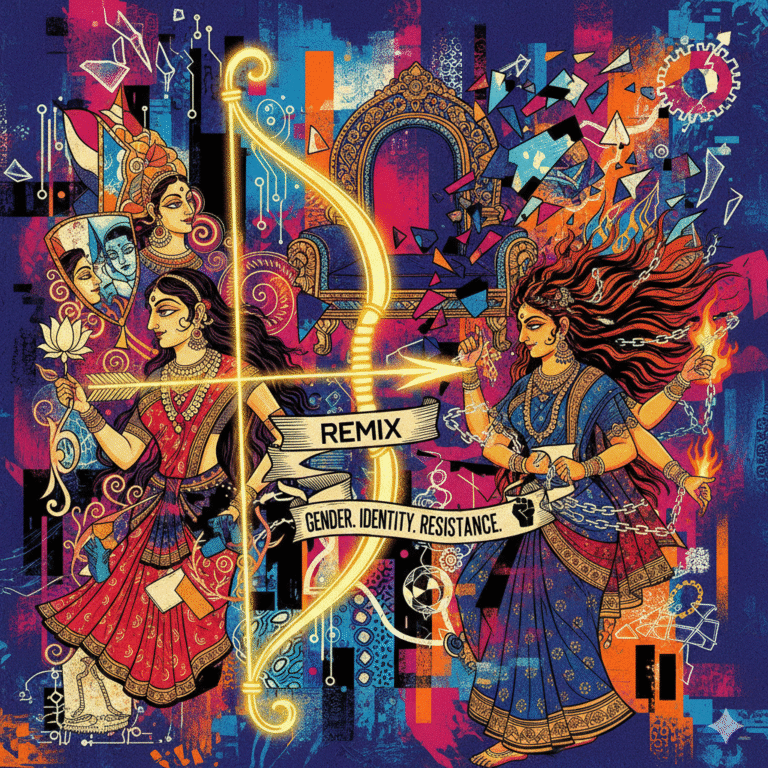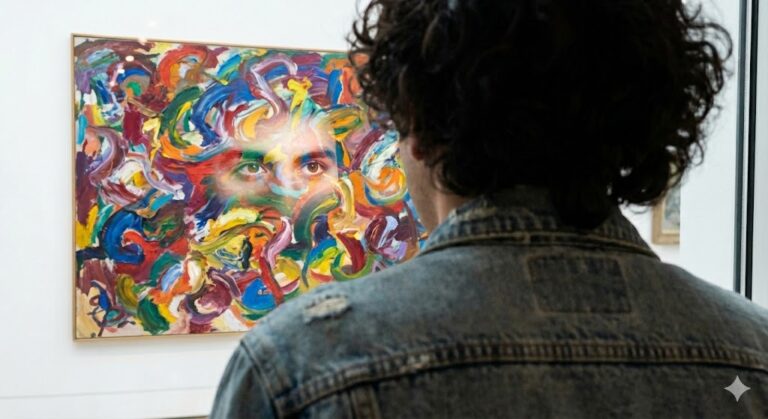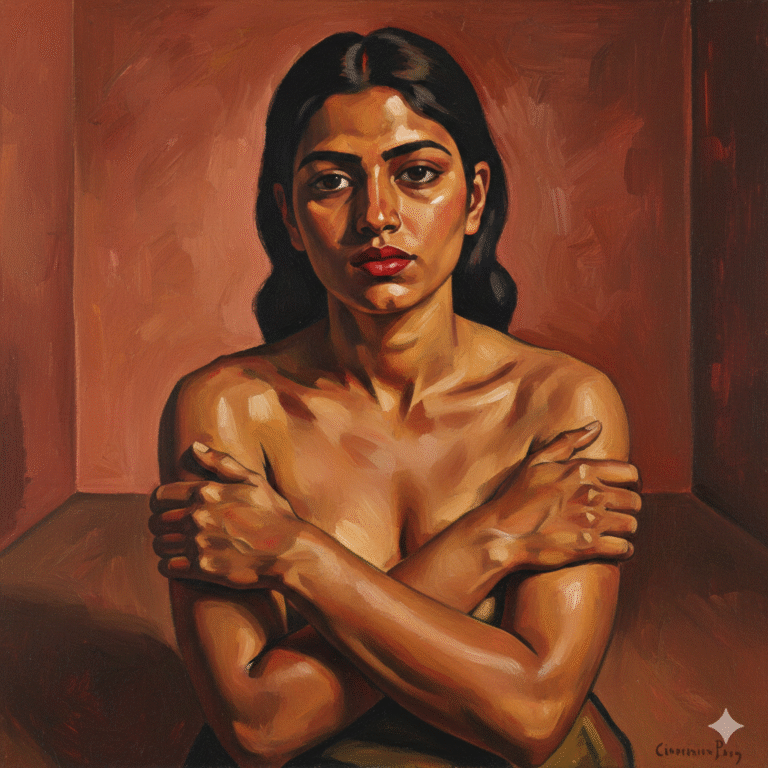by Anushree Ghosh
While we are dwelling in the world of murder mysteries and psychological thrillers in web series, TV shows, and movies; I fail to find the happy coincidences that once made our bones tickle amidst the monotony of life. Where deceit and disguises were not meant to rob anyone but just to add a slice of humor to life.

For instance, in Hrishikesh Mukherjee’s ‘Chupke Chupke’ where the twists and turns are the concoctions of sweetness and humour — the two main characters are in love (Dharmendra and Sharmila Tagore), the complexity arises when Dharmendra finds out that Tagore holds her brother-in-law (Om Prakash) in high esteem, therefore the jealousy leads to a notorious prank creating hilarious situations. The story has a tough nut to crack (Om Prakash), innocent supporting characters who become a part of the ploy unwillingly (Amitabh Bachchan, Asrani), an anti-climax to dissolve the conflict, and an array of happy coincidences that supports the whole narrative; in this case, the unavailability of a driver who could speak fluent Hindi.

The same ingredients can be found in Wodehouse’s plots – whether it is the Jeeves series, Meet Mr Mulliner, or Uncle Fred in Springtime — the commonality lies with a complication in the love story, the main characters suddenly finding an opportunity to overcome the difficulty by encountering a happy coincidence, supporting characters – butlers, priests, uncles and aunts strengthening the backbone of the plot, and the anti-climax that unfolds all the confusion and leads to everyone’s happiness.
These stories are not told to teach any moral lessons like Panchatantra, but they reek of a dynamic and light-hearted lifestyle that doesn’t need to get crushed under the rocks of grave life-turning plot points. They are reminders that a few moments can be stolen just to laugh out loud, even if the world is full of snobs and evil-doers, your sense of humour can help you sail through the roadblocks without breaking your momentum.
Words are the next component that steals the show – like the use of Qafiya in Khoobsurat –
“Saab Khana Thanda Ho Gaya
Yeh Napkin Tera Ganda Ho Gaya
Haldi Chadte Chadte Ab To
Ek Political Party Ka Jhanda Ho Gaya”

The cleverly woven words that seem to rhyme are a part of the conversation in the family where everyone is supposed to chat in rhyming words, other than being a casual-morning-breakfast-table conversation, it does place some political statements in the scheme of rhyming words. The dialogues by Gulzar were like his poetry – simple yet enveloping an array of thoughts underneath them. Something hard to find in the latest editions of comedies.
Similarly, Wodehouse can inflict your soul with myriad emotions with just a few simple words –
“Marriage is not a process for prolonging the life of love, sir. It merely mummifies its corpse.”
― P.G. Wodehouse, The Small Bachelor
They say people like Happy endings, like catching the killer at the end, meeting of two separated lovers, winning an almost-lost game of cricket or soccer, or fulfilling a lifelong dream. And don’t get me wrong, I am cheering up for all the underdogs and story conflicts! But, a part of me is also wishing to live for the small moments of happiness in life – something like a cute family banter with hopeless Qafiya, or a day acting like I have a twin brother (referring to Golmaal 1979).







+ There are no comments
Add yours